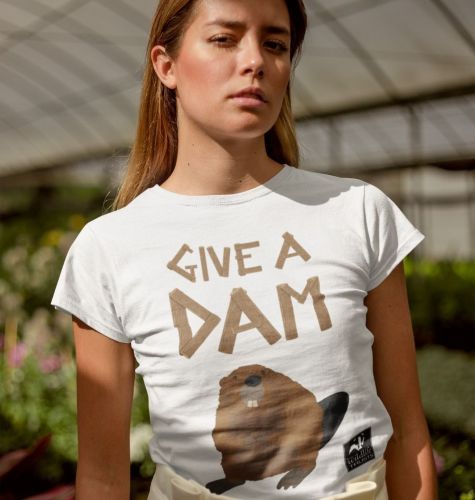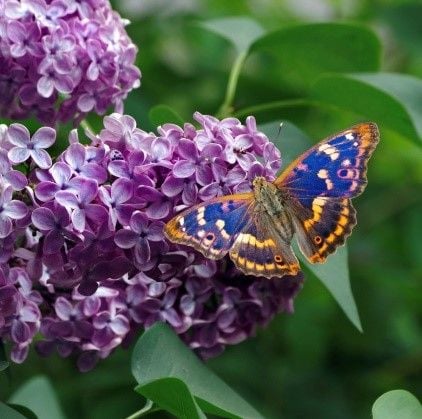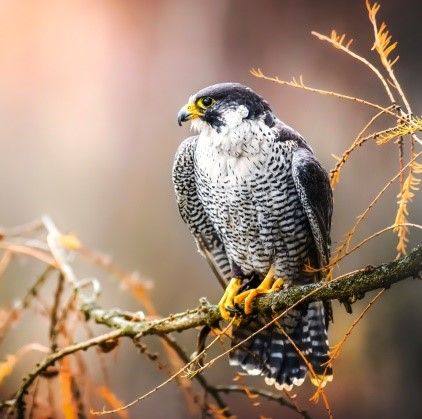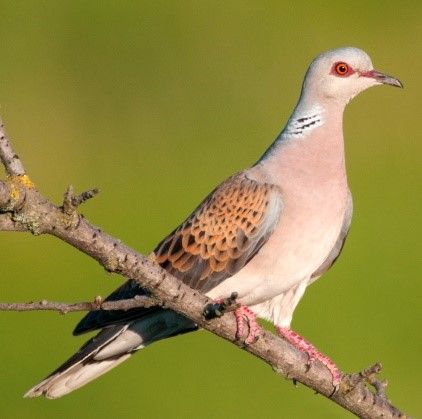Don’t miss: Climate Change: Ade on the Frontline
Posted on
There’s a new series on BBC2 on Sunday evenings: Climate Change: Ade on the Frontline.
Ade Adepitan looks at climate change and the impact it is having on the environment – however, he is also looking at some amazing people who are doing what they can to help stop the pace at which is progressing and/or help the species affected by it. He is looking for solutions to climate change around the world.
And he does touch on the fact he is flying around the world to bring this to us. But unless we all find out what is happening in various locations and how people and wildlife and nature are being affected by climate change, there won’t be a story to tell.
Solomon Islands
Ade starts off in the Solomon Islands and we see and hear first-hand from local people who are affected by rising sea levels.
Great Barrier Reef
Adi heads to the Great Barrier Reef, one of the wonders of the world – and a breeding spot for the green turtle. Because the world is getting warmer, so is the sand and that has meant that that nearly all the turtles being born are female. This presents a major problem because it means that there are very few males being born. Adi finds out about a project which is trying to cool the sand so that more male green turtles might be born.
One of the questions Adi asks is “how do we wean ourselves off fossil fuels?”
Rural Queensland
He visits rural Queensland, a heart breaking visit because of the draught, and the city of Sydney where an amazing woman from Sydney Wildlife is working hard to help all the bats which have been affected by the terrible wildfires.
Ozharvest
And he visits the incredible people involved in Ozharvest – they collect food which is due to be chucked from the supermarkets and take it to a market where people can get it for free, to save it being wasted. The young woman from Ozharvest says a simple thing we can all do is to plan what we need when we shop and buy just what we need. When you know that people are going hungry in the world, that fact is made worse by the amount of food being wasted elsewhere – and when you add how much that impacts on the environment and climate change, that makes things much worse.
Tasmania
Finally Adi heads to Tasmania where plants – giant kelp - are being planted under the water as they excel at sucking up CO2 and also they grow at an incredible rate. Their success is hampered by sea urchins so there is a project to try to encourage people to eat sea urchins so that we might gain control over them.
He also sees how wind power in Tasmania could be used to power some of Australia’s mainland cities/places through a cable under the sea.
We can turn things around
Finally, Adi meets one of Australia’s top thinkers on climate change, an ex-Greenpeace employee, Paul Gilding, who warns that the plant is on the verge of total collapse. He believes we can turn things around. The key, he says, is to eliminate all fossil fuels by 2030. Governments must have the strength to enforce it – and it is up to you and I, the people who vote them in, to put the pressure on and show them that they must get on with it.
Next week features Bangladesh and Bhutan – don’t miss it! BBC2 at 8pm, Sunday 18 April 2021.
Useful resources:
Giant Kelp Restoration Project in Tasmania




